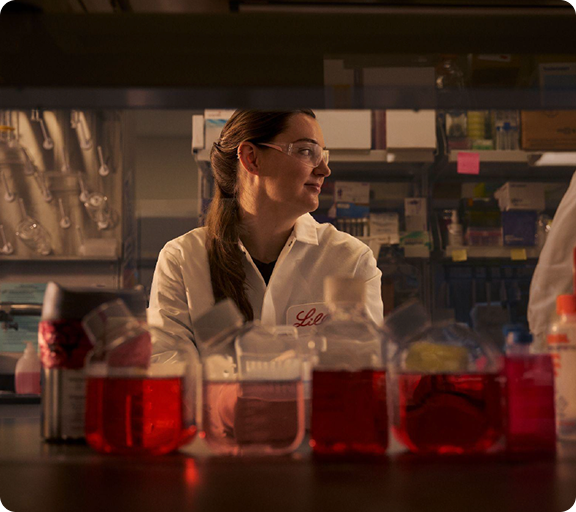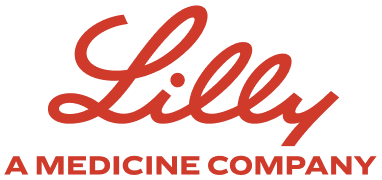
What if it were you?
Wouldn’t you want to hear about oncology clinical trials?
If you were a patient, you’d want to know all of your options—including which clinical trials are available to you. Phase III oncology clinical trials provide additional support and monitoring, and access to cutting-edge research that may improve outcomes and advance science. In your commitment to provide the most innovative care possible to your patients, make sure to always consider clinical trials and talk to your patients about them when it’s appropriate.
An oncology clinical trial tool for you and your patients
Use the Trial Finder to find sponsor-agnostic oncology clinical trials for your patients.
This tool helps you find trials based on biomarkers, geographic location, disease status, and more.
Expectations
Oncology healthcare professionals are expected to know about and offer the best options for their patients. They are confident discussing approved therapies, but may be less comfortable discussing clinical trials, often seeing trials as a last resort for patients.
In a survey, 80% of oncologists (vs 68% of all physicians surveyed) reported feeling overwhelmed by the amount of new research, clinical trials, products, treatments, or procedures they need to keep up with.1
Oncology clinical trial benefits
Phase III clinical trials are an extension of the care you provide with additional support and monitoring. They offer access to cutting-edge research that could improve patient outcomes and advance science.
Access to clinical trials may impact cancer mortality2:
- 85% of US counties with the highest cancer mortality had no trials
- 65% of US counties with lower mortality rates had trials
New initiatives
New initiatives are revolutionizing and simplifying the phase III clinical trial enrollment process. There are dedicated services and innovative technologies that match your patients to appropriate trials, enabling easier referral and enrollment.

About Lilly
Overcoming barriers to phase III trial enrollment is key to the future of new therapies
Only 7% of US cancer patients participate in clinical trials; increasing enrollment in the remaining 93% can shorten trial enrollment timelines and bring better care to all cancer patients.3
Lilly is dedicated to making clinical trial access and referral more streamlined so that all oncology healthcare professionals in the US can consider clinical trials for all of their appropriate patients.

References
- Doximity. Physician learning preferences: a Doximity report. Published October 2022. Accessed September 11, 2025. https://press.doximity.com/reports/physician-learning-report-2022.pdf
- Kirkwood MK, Schenkel C, Hinshaw DC, et al. State of geographic access to cancer treatment trials in the United States: are studies located where patients live? JCO Oncol Pract. Published online October 2, 2024. doi:10.1200/OP.24.00261
- Unger JM, Shulman LN, Facktor MA, et al. National estimates of the participation of patients with cancer in clinical research studies based on Commission on Cancer accreditation data. J Clin Oncol. 2024;42(18):2139-2148. doi:10.1200/JCO.23.01030









